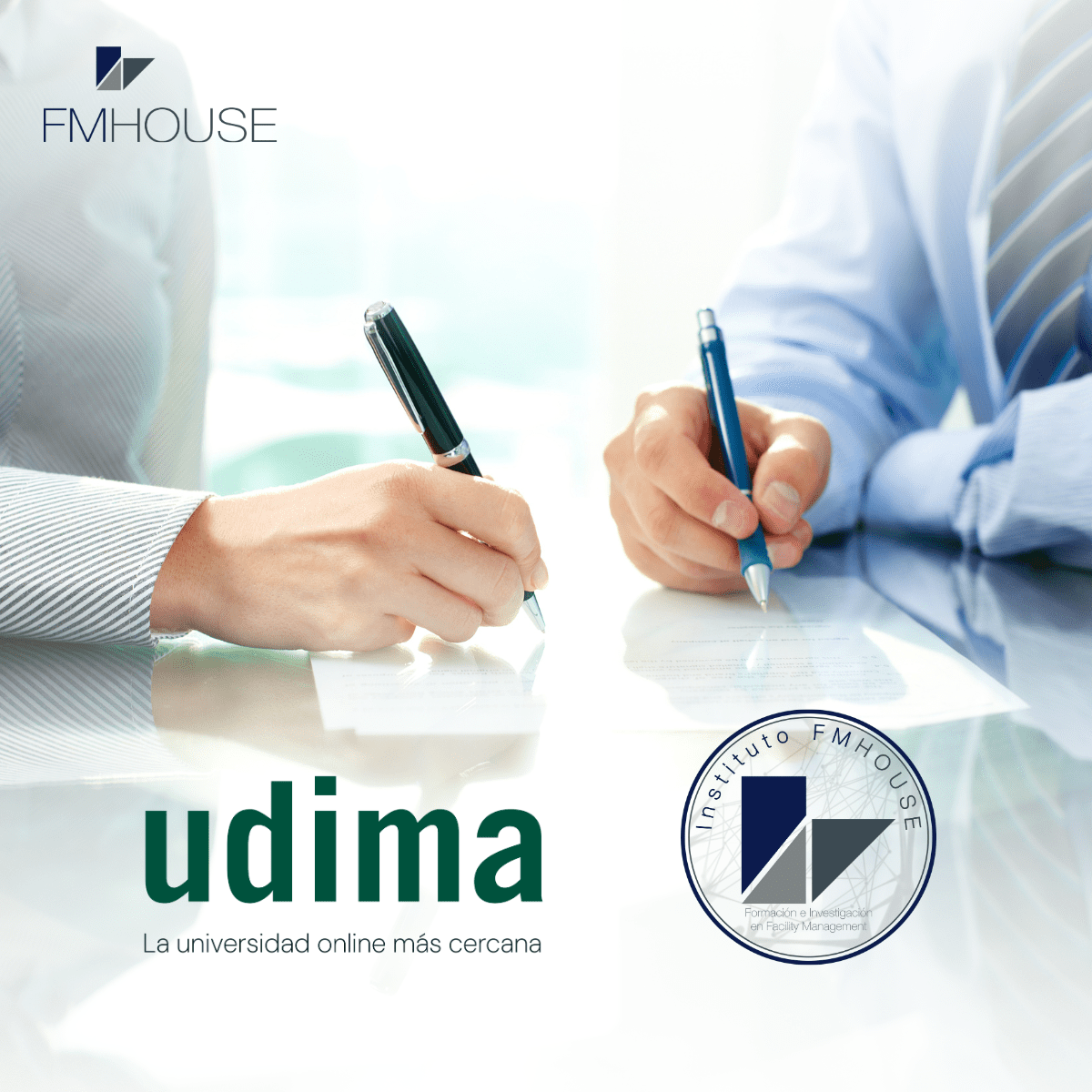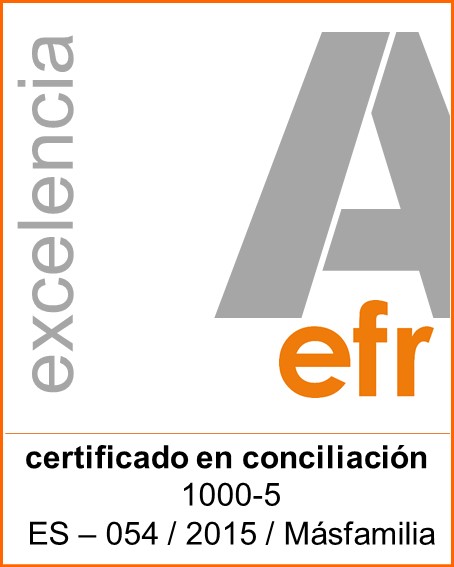5 reasons why support teams should understand environmental management and energy efficiency
The growing regulatory, social, and environmental pressure is redefining the role of FM professionals in contemporary organisations. No longer limited to daily operations, their function now prioritises sustainability, energy efficiency, and commitment to decarbonisation. In this context, leaders face new challenges and opportunities that demand strategic vision, advanced digital capabilities, and in-depth knowledge of best practices in environmental management. This article explores the emerging functions of FM professionals, highlighting their key role in the transformation of buildings towards more resilient, efficient models aligned with global sustainable development goals.
1. Decarbonisation at the Core of Modern FM
Sustainability in building management has ceased to be a trend and has become a strategic necessity. In this new scenario, FM leaders take on a leading role in the transition towards cleaner and more efficient operational models. Decarbonisation, driven by the new European regulations effective from 2025, marks a turning point in FM activities, where environmental commitment becomes a business imperative.
Reducing carbon emissions in buildings requires a comprehensive approach combining the adoption of renewable energy sources such as solar, wind, or geothermal, the use of intelligent building management systems to optimise consumption, the upgrading of HVAC systems to low-emission technologies, and the continuous monitoring of the carbon footprint through key performance indicators. FM professionals lead this transformation through the implementation of new technologies, process redefinition, and active collaboration with suppliers aligned with sustainability principles.
2. Key strategies led by FM
The selection of sustainable materials has become a priority. From project design to operation, using recycled, locally sourced, or environmentally certified materials reduces ecological impact. Sector leaders ensure that renovations and constructions adhere to circular economy principles, helping to minimise waste generation and extend asset life cycles.
Energy efficiency is another fundamental pillar in the evolving role of FM professionals. Through periodic energy audits, areas for improvement are identified, enabling reduced consumption without compromising comfort or functionality. Optimising HVAC, lighting, and automation systems becomes a priority to meet efficiency and profitability targets.
Waste management and the implementation of circular economy policies strengthen the sustainable commitment. FM professionals lead waste separation, recycling, and reuse strategies, promoting zero-waste programmes with traceability of generated waste and supporting corporate environmental responsibility. Obtaining and maintaining environmental certifications such as LEED, BREEAM, or ISO 14001 are also key competencies. These not only validate sustainable building performance but also enhance its market value and reputation. FM leaders play a crucial role in ensuring compliance with required standards and aligning operations with the organisation’s sustainability and social responsibility goals.
3. Greater resilience to operational risks
Environmental management and energy efficiency training for support teams enables them to anticipate and mitigate operational risks arising from external factors such as energy crises, resource cost fluctuations, or extreme weather events. By understanding the operation of efficient systems and sustainable strategies, these teams can act more swiftly and effectively in critical situations, avoiding prolonged downtime or loss of occupant comfort. This knowledge also facilitates the implementation of contingency plans and improves coordination with FM professionals in emergencies, enhancing the organisation’s overall responsiveness. By incorporating these criteria into their daily operations, support teams contribute to environmental objectives while reinforcing operational continuity and infrastructure safety—critical aspects in environments where service reliability is essential to business performance.
4. European regulations 2025: What Do they require?
From 2025 onwards, organisations will face new obligations concerning energy efficiency and sustainability. The European regulations mandate at least a 30% reduction in energy consumption compared to 2020 levels, compulsory annual carbon emission reporting, and fiscal incentives or penalties based on buildings’ energy performance. In this context, the FM leader becomes both a compliance manager and a change catalyst, ensuring that organisations not only avoid sanctions but also leverage the benefits of sustainable leadership.
5. The future of the role: holistic and digital vision
The evolution of Facility Management towards a more holistic and digital approach is unstoppable. FM professionals must master tools such as BIM, IoT, and digital twins to manage infrastructures more predictively and efficiently. Moreover, their leadership extends to the direction of cross-cutting projects integrating ESG criteria, where sustainability, operational efficiency, and user well-being converge as strategic priorities.
The transformation of the Facility Management function is now a tangible reality. FM professionals have ceased to be mere operators and have become strategic leaders in the transition to sustainable and resilient buildings. Investing in their continuous training and empowerment is essential to ensuring the environmental, social, and economic viability of organisations in the current and future landscape. Ultimately, strengthening the role of FM leaders in sustainability and energy efficiency not only boosts organisational competitiveness but also actively contributes to building a more responsible, innovative, and globally aligned future.









